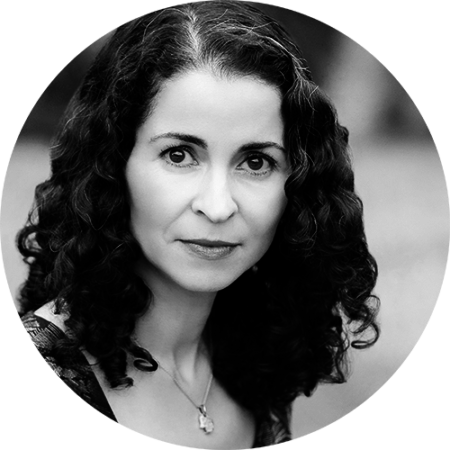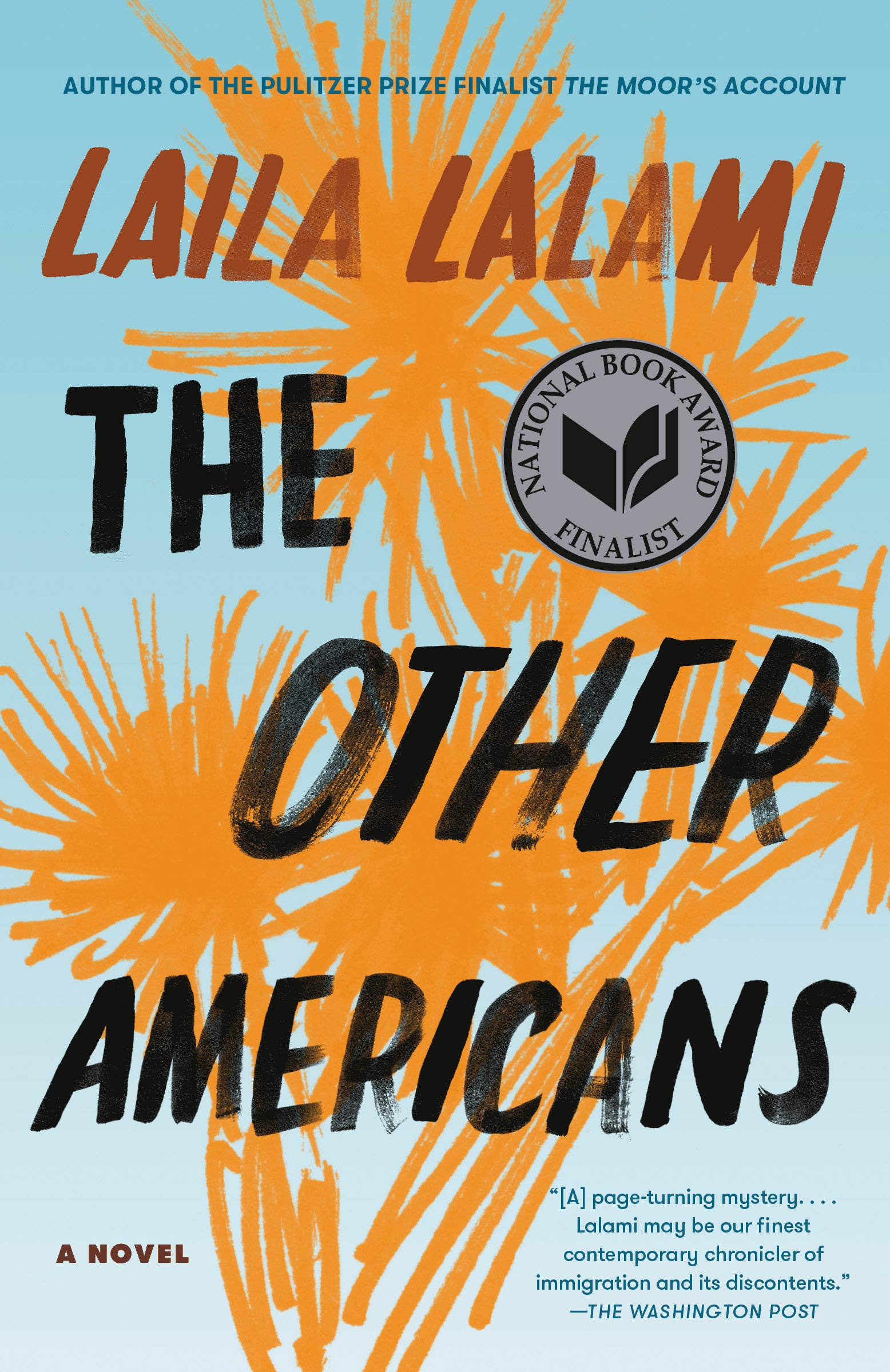The Other Americans, by Laila Lalami
A middle-class immigrant family from Morocco who have to with the overarching pressures of being brown skinned. An undocumented worker from Mexico who wants to do the right thing, but the right thing may endanger his family. An Iraqi War vet, now a rookie cop, who struggles with his past and his future. A black female detective who is one of the best yet still must deal with the humiliation of racial taunts. An aging white bowling alley owner who is out of touch with his grown son and yet is still unwaveringly loyal to his ruined family.

The most amazing thing I found with Laila Lalami’s The Other Americans is that, even given all these disparate characters, she writes this story with no obvious political agenda. Each character can be given the labels describing their backgrounds, but none of them are defined by them. Even the novel itself begs to differ with its genre – mystery, crime procedural. Well, yes… but no.
A fatal hit-and-run brings Nora back to the Mojave Desert town in which she grew up, where her mother and sister still live. Nora left behind expectations of being a professional to pursue jazz composition, a calling in which she is caught on the edge of popular acceptance but never crossing over into success, which seems to validate her mother’s disapproval. Her sister is a successful dentist, with a loving husband and a beautiful family – exactly what her mother wanted from her, as well. But when her father’s death calls her back, Nora begins to see cracks in the foundation of the family that she once assumed was solid – not only in the almost visceral void of her father’s absence, but smaller fissures, more discreet ones, secret ones, ones that are felt more than seen, in her parent’s relationship, her sister’s perfect life, her own childhood memories. This delving into the individual as a human being rather than as a political entity is what marks this novel.
Take, for instance, Detective Coleman, a black woman. The novel could – and sometimes does – focus on her dogged investigation of the hit-and-run at the center of the book, but it also speaks to the mindset she has to assume when talking to Nora, who is frustrated and angry that her father’s “murder” has yet to be solved. And it also sifts in her fear of alienation from her son, as well as her growing realization that the primal shifts the boy is going through are deeper than what can be attributed to typical teenaged angst, and her calm yet unsure determination of how to navigate these unfamiliar waters.
Because author Lalami’s characters refuse to be simple caricatures, and because their depth is so relatable outside of ethnic, religious or socio-economic status, the story becomes less a mystery in the realm of a whodunnit and more a mystery of how will this all unfold? You care about the characters not because of their immigrant struggles (although that is a part of who they are) or their psychological struggles (although that is a part of who they are) or their cultural struggles (although that is part of who they are) because you are caught up in their human struggles – which is a part of who we all are.
The Other Americans is an amazing book, easy to read yet complex and often wrenching, hard to define yet not needing to be defined, a book that is so very believable, so very real and yes, so very American.
— Sharon Browning

